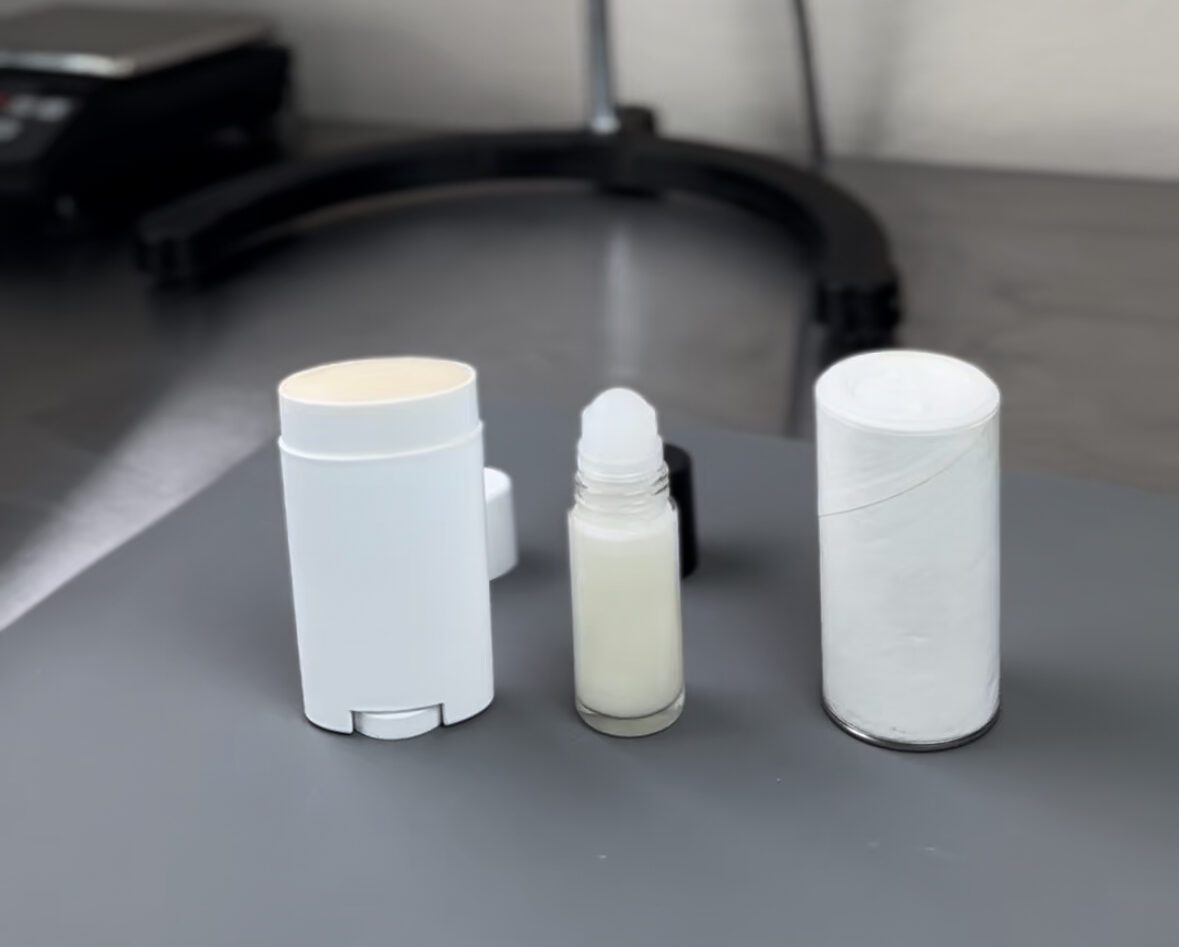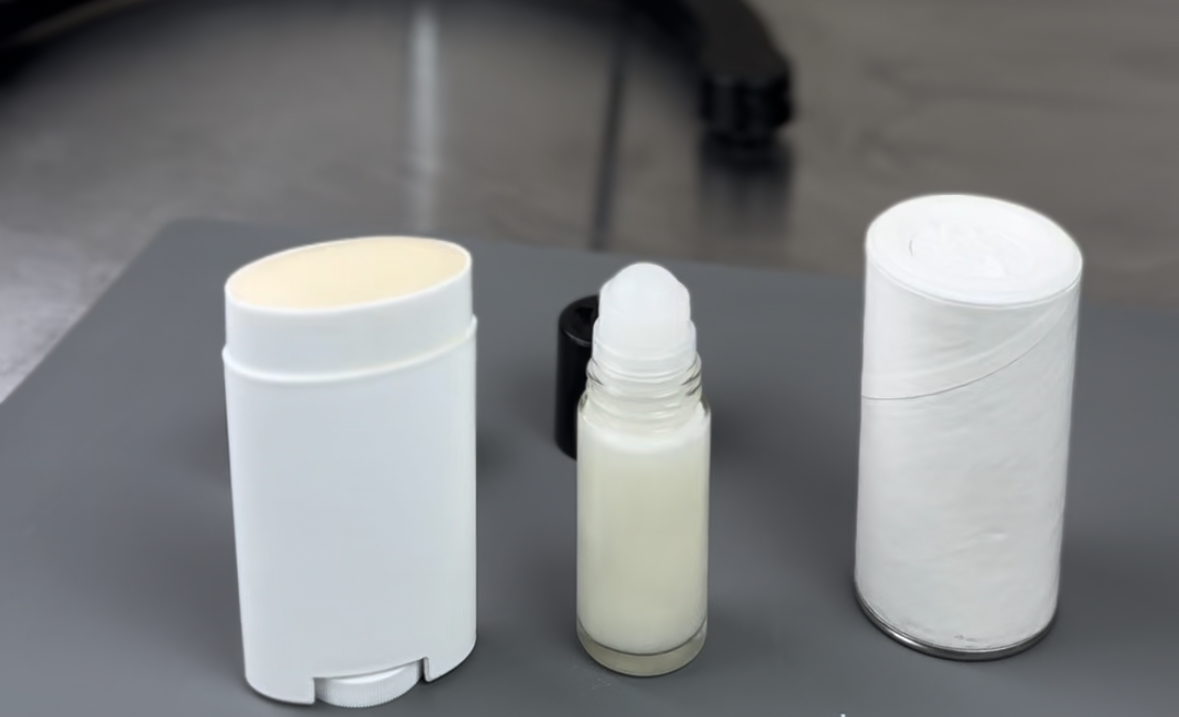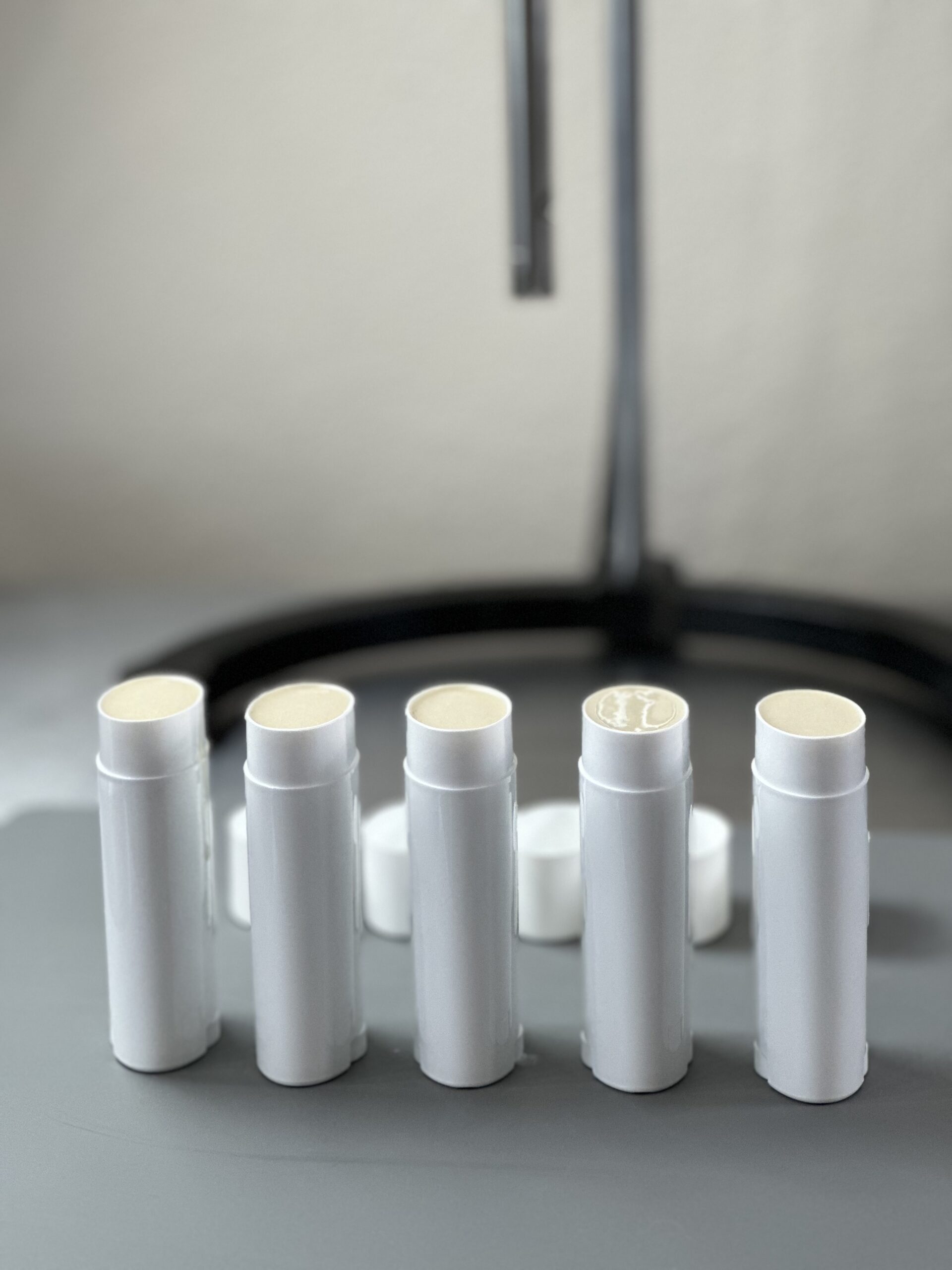
Formulating Natural Mineral Deodorant
Natural Mineral Deodorant can be effective when formulated with the right ingredients. Natural deodorant is different from commercial, “antiperspirant” deodorant because it does not contain aluminum salts and does not prevent perspiration. In the United States, antiperspirant deodorants and claims are considered a drug, an over-the-counter (OTC) drug. Antiperspirants are becoming less popular because they are said to block pores and there are concerns over aluminum. Many people are switching to natural deodorant.
Natural deodorant has been used for ages, going back to the Egyptians. Egyptians used essential oils and perfume to mask odor.
When formulating a “natural deodorant” it has three main functions it should perform. The deodorant needs to absorb moisture, reduce or eliminate odor by controlling the bacteria, and lastly to cover any remaining odor with natural scent. The natural deodorant also should be easy to apply, leave no residue and not cause sensitivities. Read below to learn about deodorizing ingredients that are beneficial in natural mineral deodorant.
Absorbents
These are excellent for moisture absorption.
French Green Clay– High absorbency.
Kaolin Clay- Mild clay, excellent for sensitive skin, silky feel, excellent for absorption.
Bentonite Clay– Known to be highly absorbing and has antibacterial properties.
Learn more about Bentonite Clay for Hair Care here.
Arrowroot Powder– Absorbs moisture and softens the skin.
Cornstarch- Absorbs moisture.
Tapioca Starch– Also known as cassava root, creates a barrier against humidity and absorbs moisture.
Deodorizers
These are considered natural deodorizers. These also provide antibacterial functions and can help block odor molecules.
Baking Soda- Deodorizer and absorbs moisture.
Magnesium Hydroxide– Mineral that absorbs moisture and odor.
Zinc Oxide– A deodorizer and absorbs odor.
Zinc Ricinoleate– Highly effective natural deodorizer, absorbs and traps odors.
Deodorizing Essential Oils
Essential oils help cover any remaining odor. These essential oils are also known to be deodorizing and provide antibacterial properties.
Cedarwood, Virginian
Chamomile, German and Roman
Cypress
Geranium
Lavender
Lemongrass
Patchouli
Pine
Sage
Tea Tree
Learn to make and formulate natural deodorant. The Pro Natural Skin Care Formulation Course teaches how to make:
- Stick Deodorant Formulation
- Cream Roll-On Deodorant Formulation
- Powder Deodorant Formualtion


You might also like


hi i wished the natural stick deodorant were in the lab class. maybe some day we would get it to purchase.
I am interested in more individual courses such as African American hair care and skin care classes.
Hi Abena,
Thanks for feedback. In The Formulators Lab we alternate between hair and skin care. We also include textured hair classes. The shampoo bar formulation class works well on textured hair.